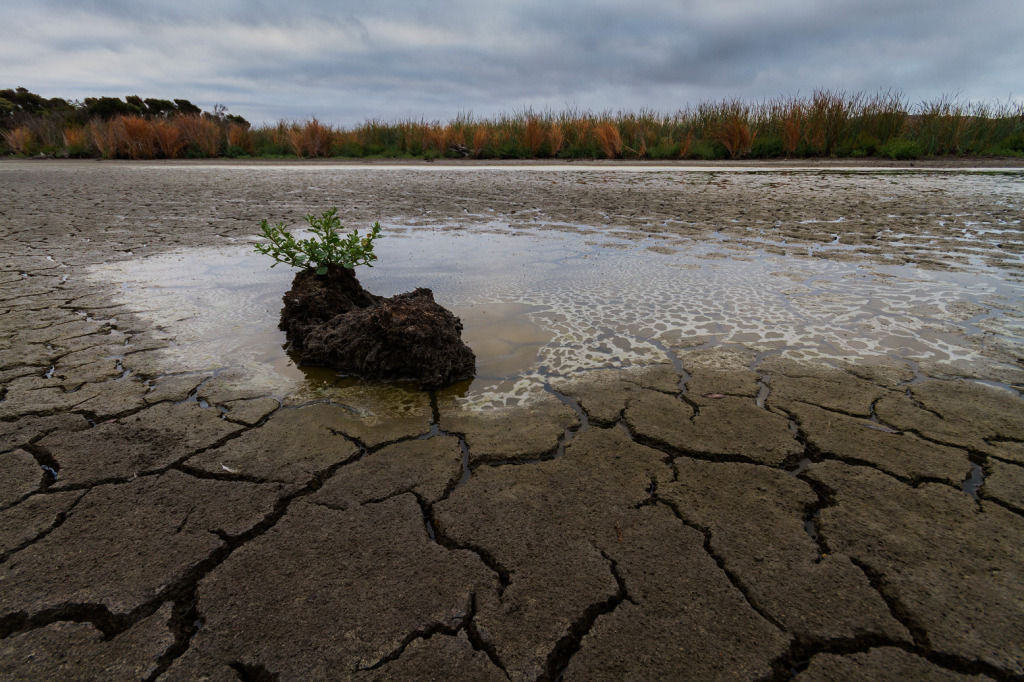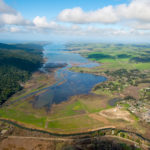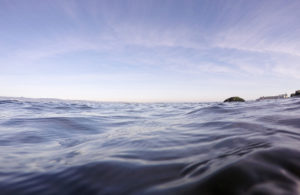Sarah Kupferberg, a research scientist at UC Berkeley, is fascinated by foothill yellow-legged frogs, once common but now scarce in Alameda Creek. The SF Public Utilities Commission is rebuilding the Calavares Dam, and the way that dam gets managed may well determine the fate of these rare frogs.
-150x150.jpg)


-150x150.jpg)
-150x150.jpg)
-150x150.jpg)

-150x150.jpg)
-150x150.jpg)
-150x150.jpg)

-150x150.jpg)